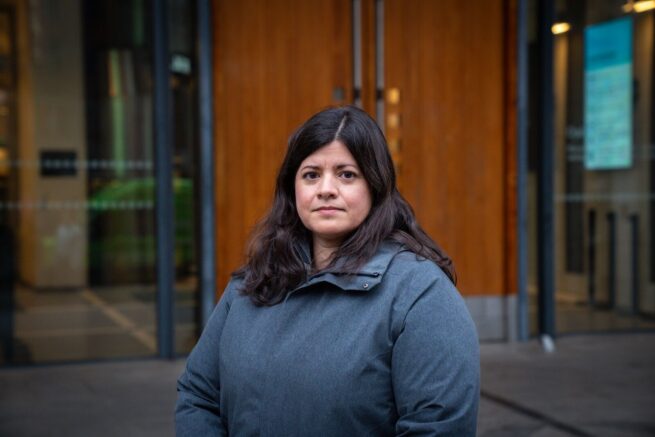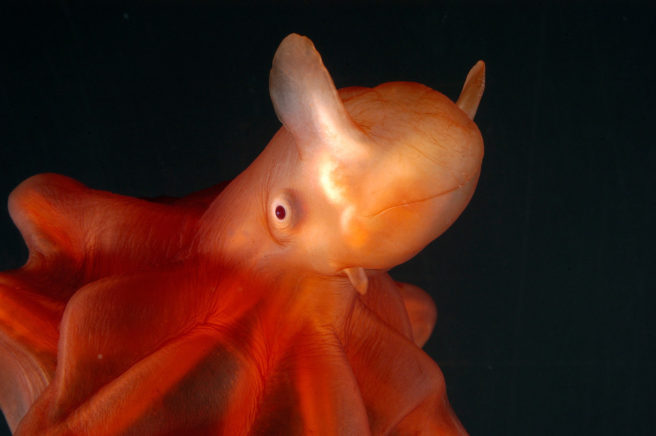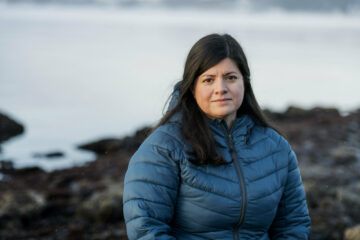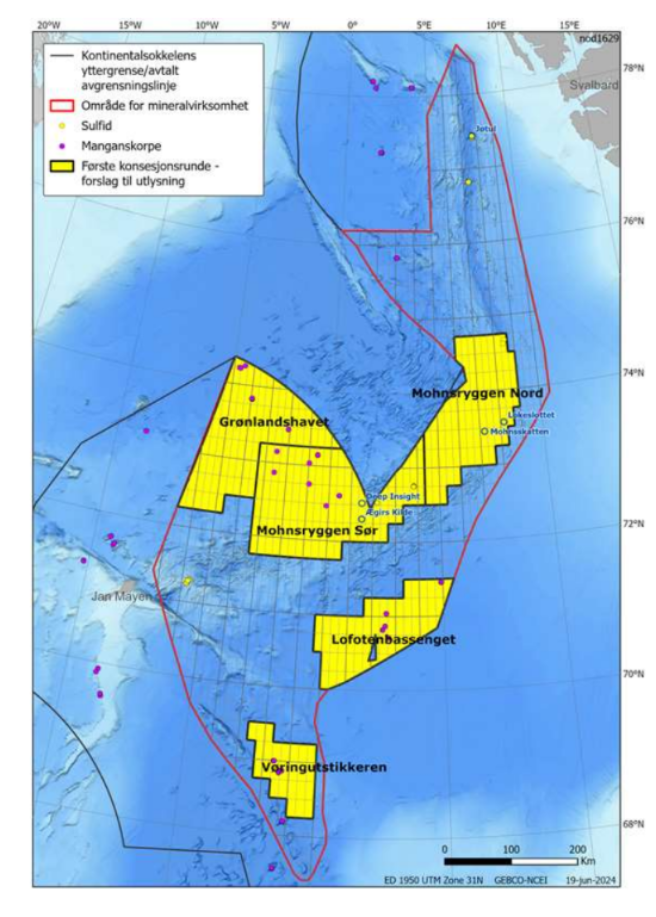
Ruling in court case on deep seabed mining
WWF-Norway's lawsuit against the government was processed from November 28th to December 5th 2024 in Oslo District Court. The ruling came on February 13th 2025.
The Oslo District Court confirms our right to challenge the government's decision in court. The court also agrees that the case raises an important question that WWF Norway has good reason to challenge legally. The court therefore exempts WWF Norway from legal costs.
However, the court did not find sufficient reason to invalidate the decision to open areas for deep seabed mining without sufficient knowledge of the consequences for nature. WWF-Norway appeals the ruling from Oslo District Court.
“We do not agree with the assessments made by the Oslo District Court and believe that the ruling contains several serious faults. We have therefore decided to appeal,” says Karoline Andaur, CEO of WWF-Norway.
“The District Court wrongly assumes that the lawsuit is a political battle and has therefore skipped the thorough review of the case processing that the courts are both entitled and obligated to ensure. This is despite the fact that the Norwegian Supreme Court in 2020 clarified that the courts should conduct a comprehensive review of the case processing in these types of cases,” says Andaur.
WWF is appealing the decision in its entirety.




